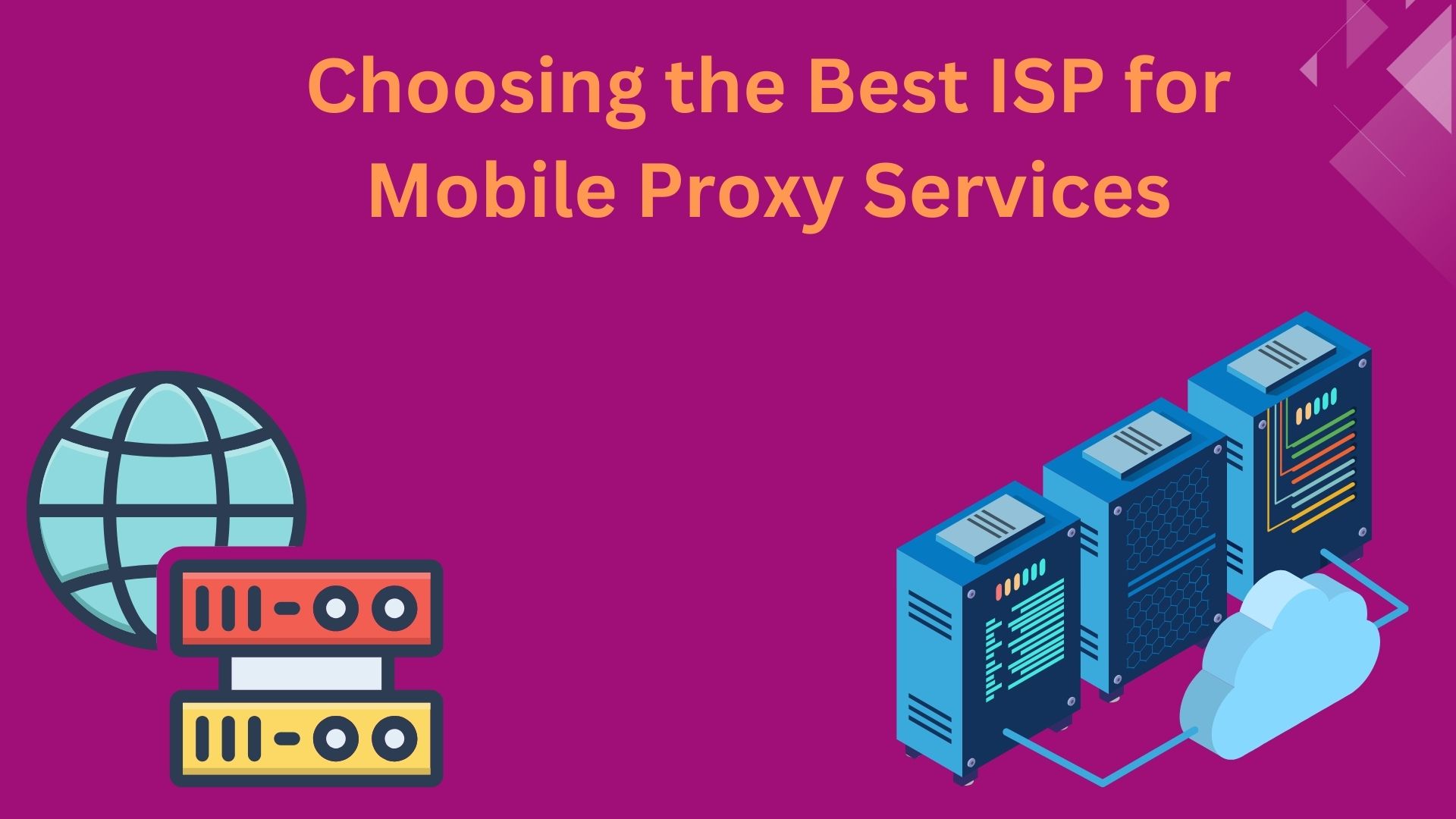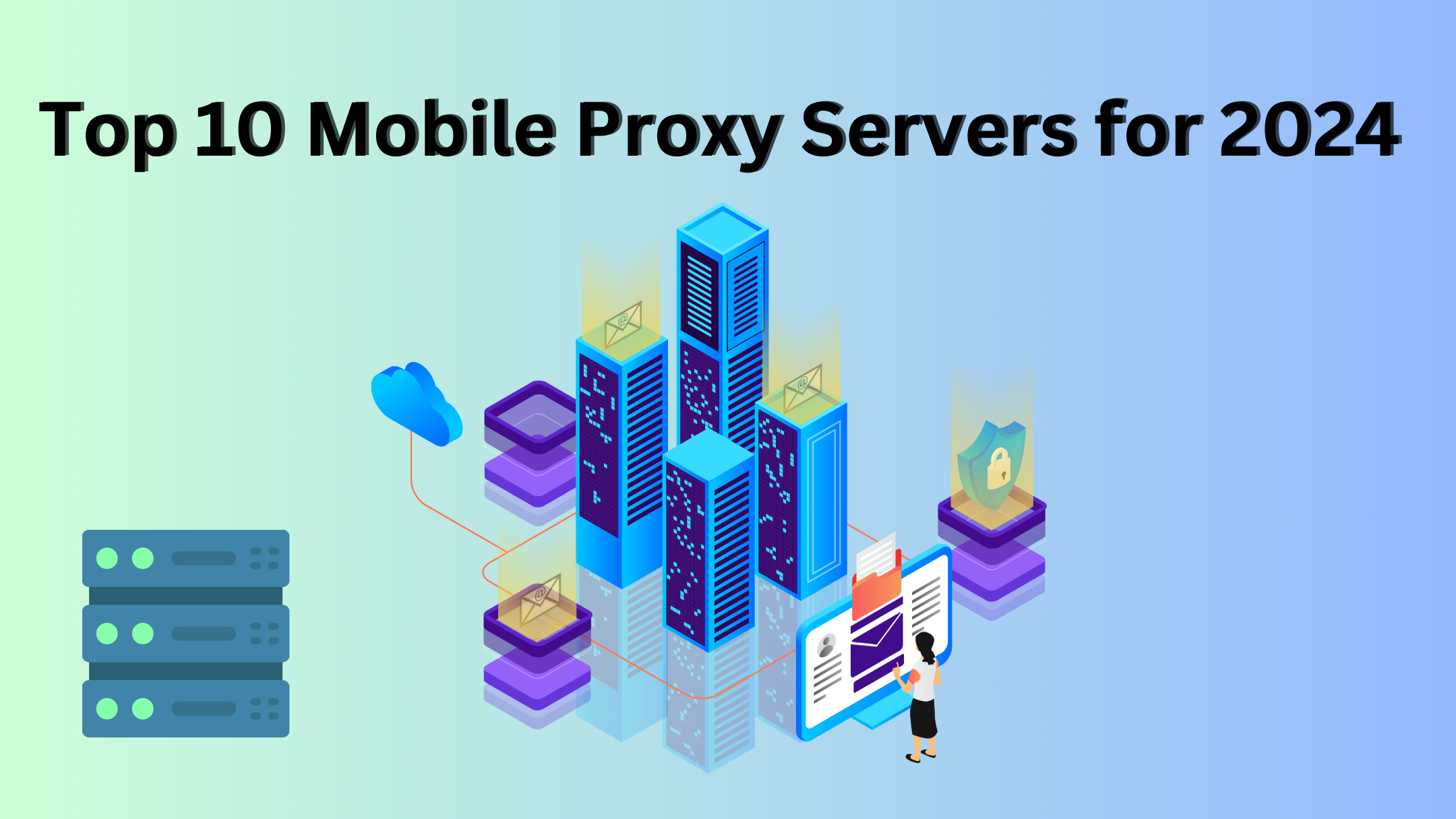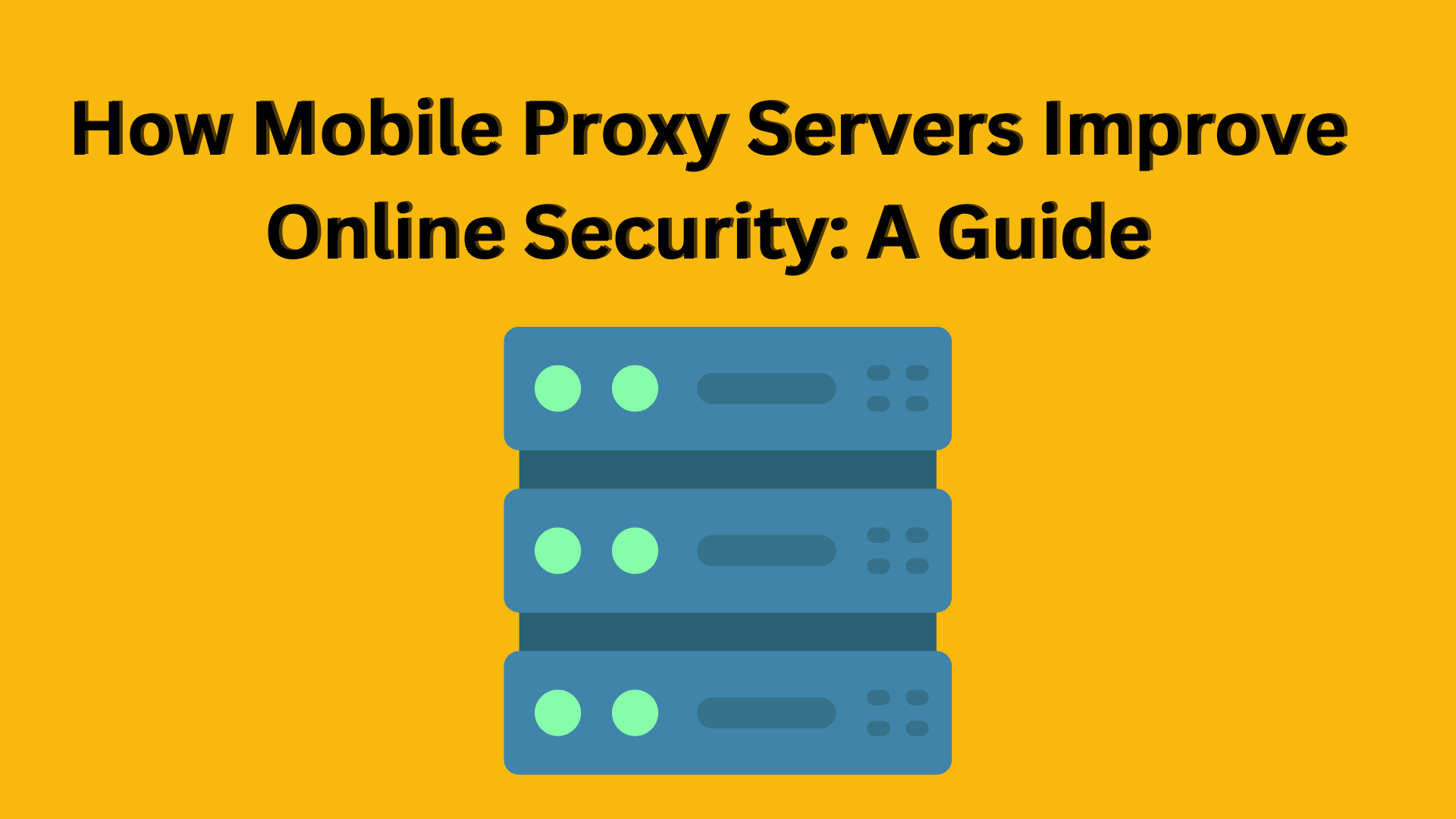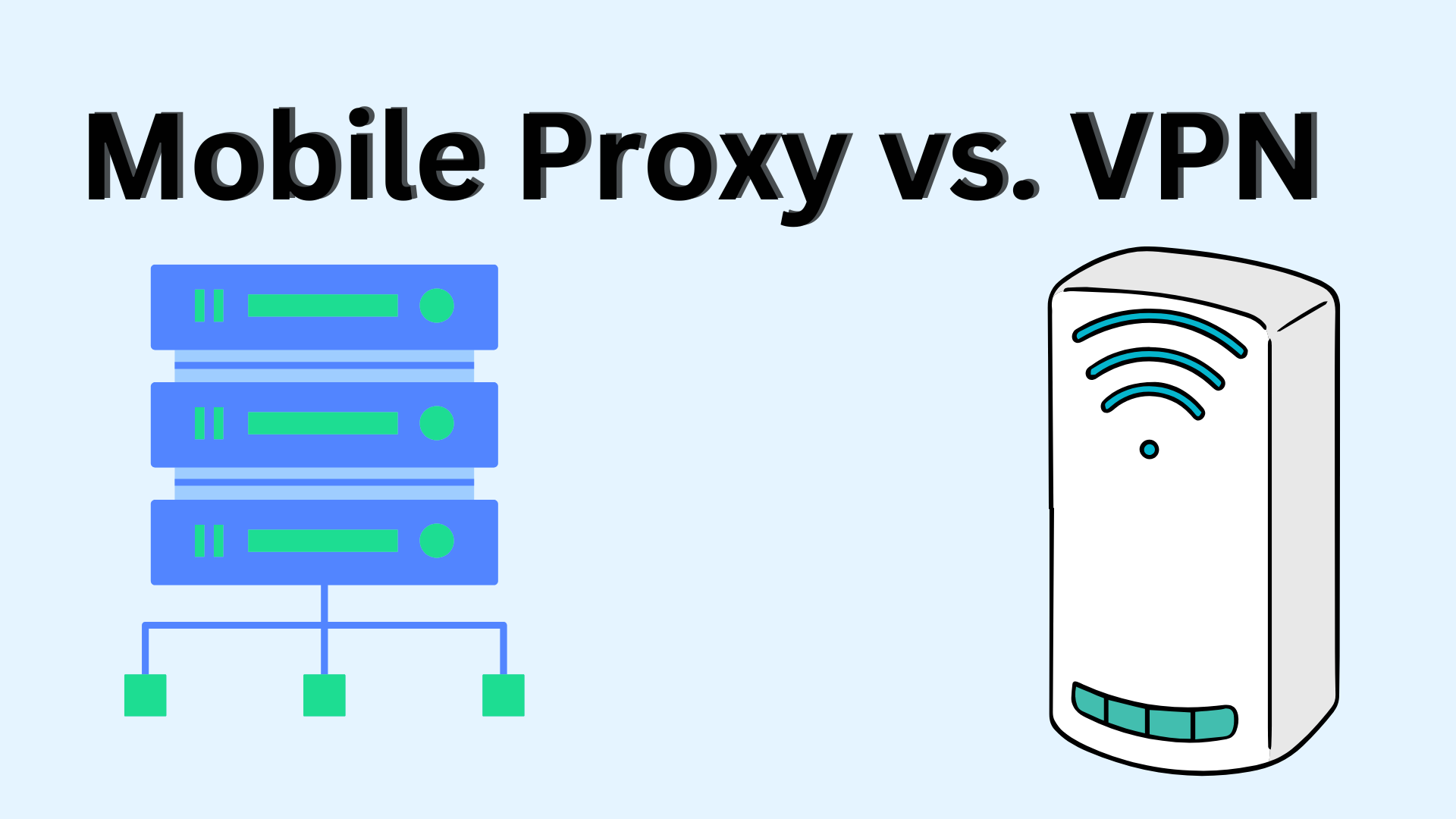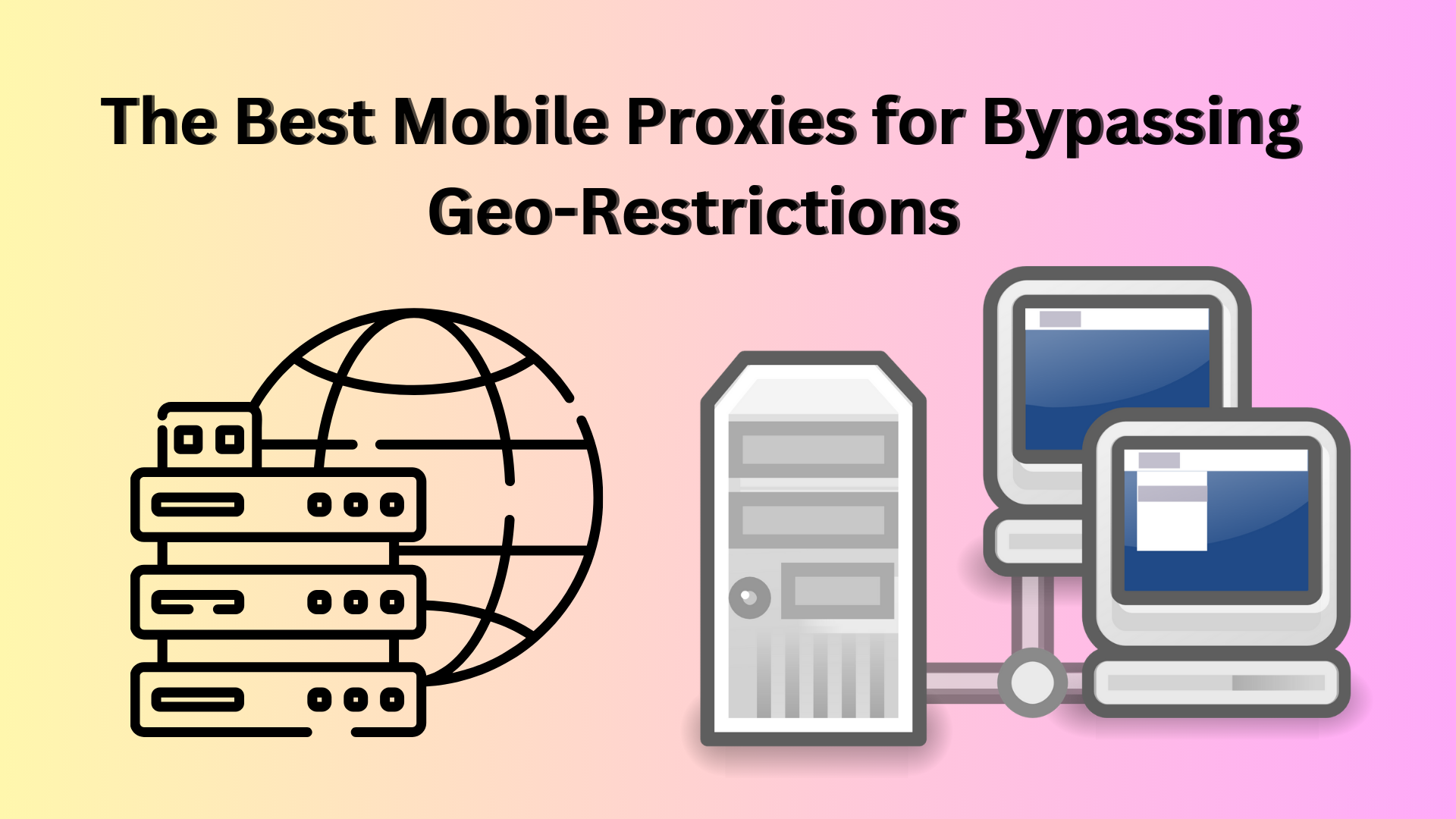Sure! An ISP mobile proxy is a type of proxy server that utilizes a mobile Internet Service Provider (ISP) network to route web traffic. Here’s a comprehensive guide to help you understand what it is and how it works:
What is an ISP Mobile Proxy?
An ISP mobile proxy is a specialized proxy server that routes Internet traffic through mobile network connections, often provided by mobile ISPs. Unlike traditional proxies that use standard broadband connections, ISP mobile proxies use mobile data connections, which can offer unique benefits and functionalities.
How Does an ISP Mobile Proxy Work?
- Connection Through Mobile Network: Instead of connecting through a fixed broadband network, an ISP mobile proxy connects to the Internet through mobile data networks (like 4G or 5G). This means the proxy’s IP address is assigned by a mobile carrier.
- Routing Traffic: When you use an ISP mobile proxy, your Internet traffic is routed through the mobile network’s IP address. This means that websites and online services will see the IP address of the mobile carrier rather than your actual IP address.
- Anonymity and Location: Since the traffic is coming from a mobile network, it can help mask your real IP address and location. Mobile IP addresses can sometimes appear more dynamic or less predictable than standard broadband IP addresses.
Key Features of ISP Mobile Proxies
- Mobile IP Addresses: The IP addresses come from mobile carriers, making them different from typical residential or datacenter IP addresses.
- Geolocation: Mobile IP addresses can be useful for geo-targeting purposes. For example, you might use a mobile proxy to appear as if you’re browsing from a different country or region.
- Enhanced Privacy: Using a mobile proxy can enhance privacy and reduce the risk of IP-based tracking.
- Bypassing Restrictions: Mobile proxies can help bypass regional restrictions, access geo-blocked content, and avoid rate limiting imposed by websites.
- Dynamic IPs: Mobile proxies often provide dynamic IP addresses that can change frequently, which can be useful for scraping or other activities that benefit from varying IPs.
Benefits of Using ISP Mobile Proxies
- Access to Mobile-Specific Content: Some content and services are optimized for mobile users. Mobile proxies allow you to access such content as if you were a mobile user.
- Avoid Detection: Websites and services might be able to detect and block datacenter IP addresses more easily. Mobile proxies can help you avoid such detection.
- Improved Performance: For certain applications, mobile proxies can offer better performance due to the different routing paths and network optimizations employed by mobile carriers.
Common Use Cases
- Web Scraping: Mobile proxies can help web scrapers avoid IP bans and rate limits by using IPs that are less likely to be flagged.
- Ad Verification: Businesses can use mobile proxies to verify how their ads are displayed to users in different locations.
- SEO Monitoring: Track search engine results from different locations to see how search rankings vary by region.
- Content Access: Access geo-restricted or mobile-optimized content that may not be available from a standard IP address.
Choosing an ISP Mobile Proxy
When selecting an ISP mobile proxy, consider the following factors:
- IP Rotation: Check if the proxy offers rotating IP addresses to avoid detection and bans.
- Location Coverage: Ensure the proxy service provides IPs in the geographic regions you need.
- Reliability: Look for a service with good uptime and fast connection speeds.
- Cost: Mobile proxies can be more expensive than traditional proxies due to the costs associated with mobile data.
Conclusion
An ISP mobile proxy is a powerful tool for maintaining anonymity, bypassing geo-restrictions, and accessing mobile-specific content. By understanding its features, benefits, and use cases, you can better leverage mobile proxies for various online activities.

